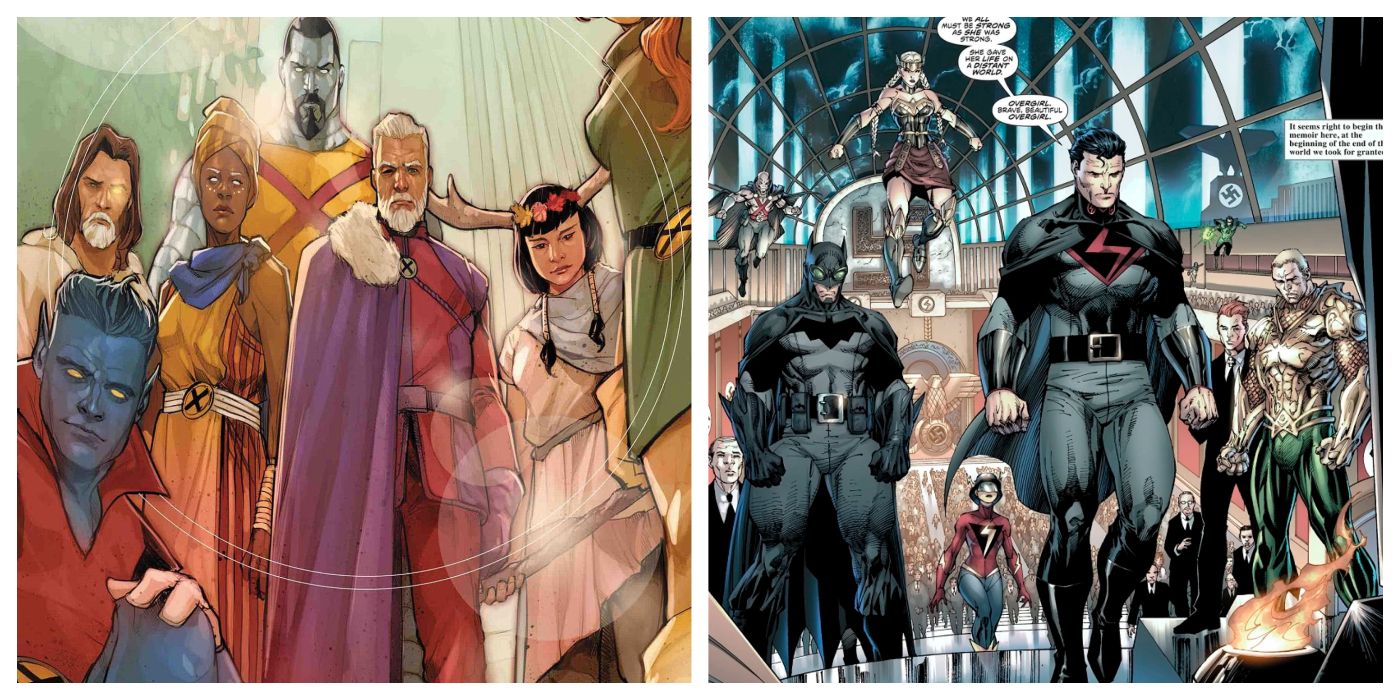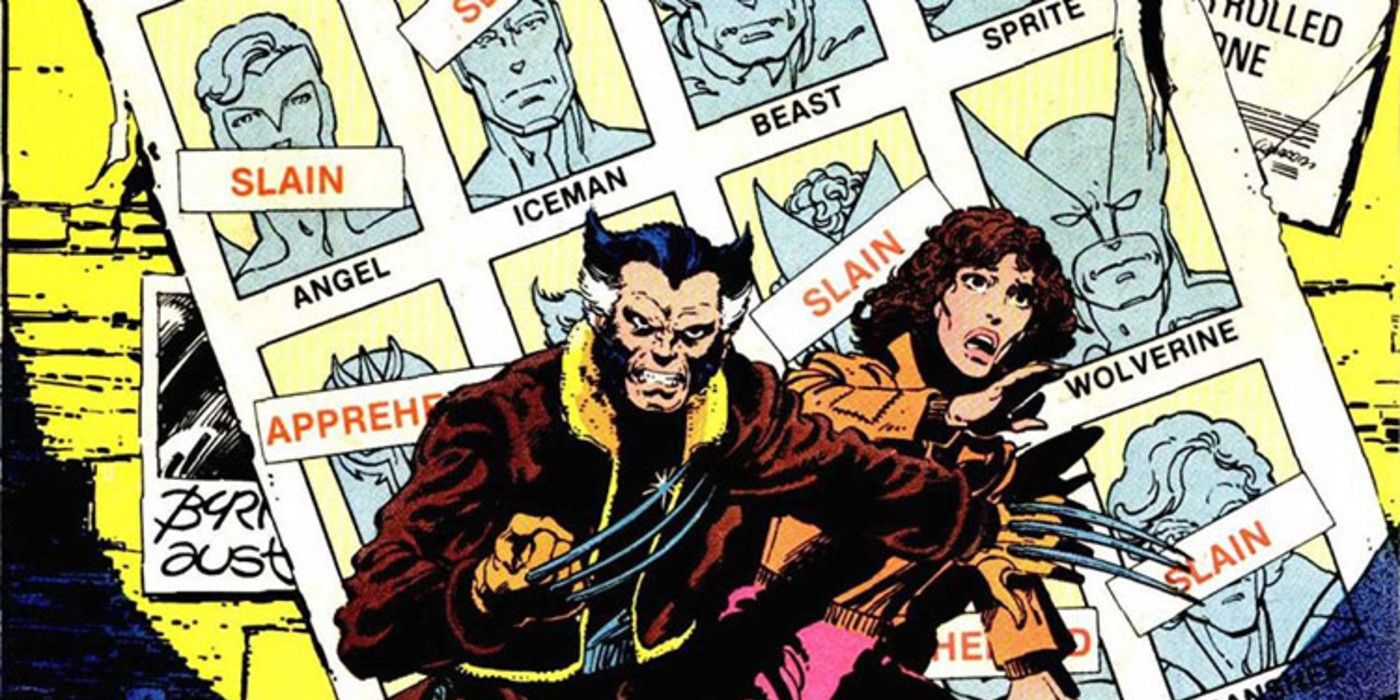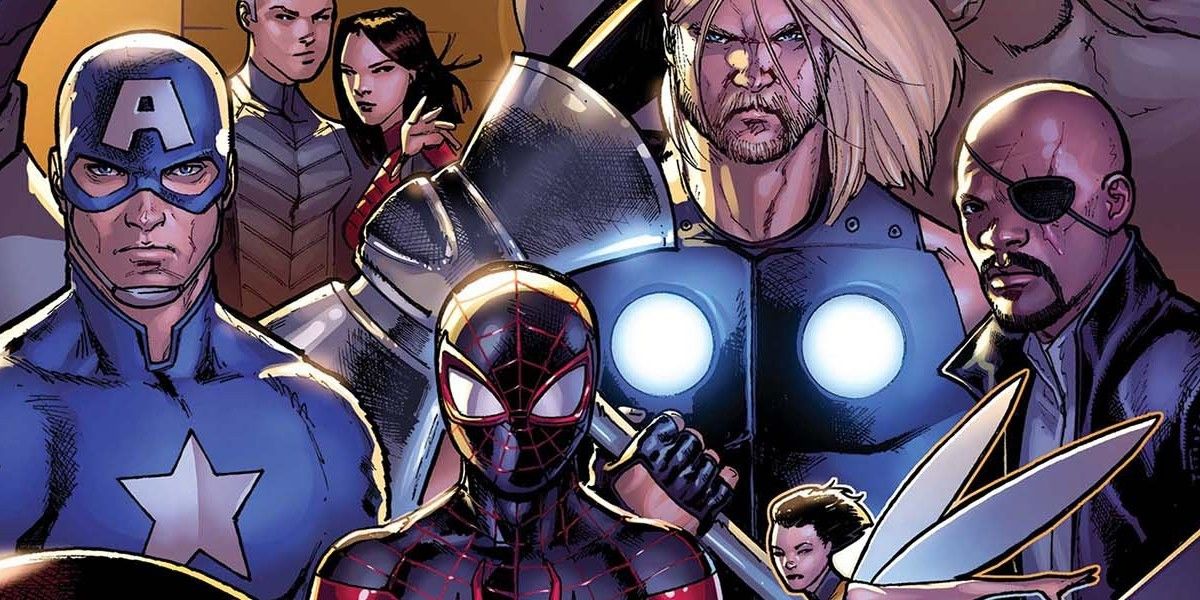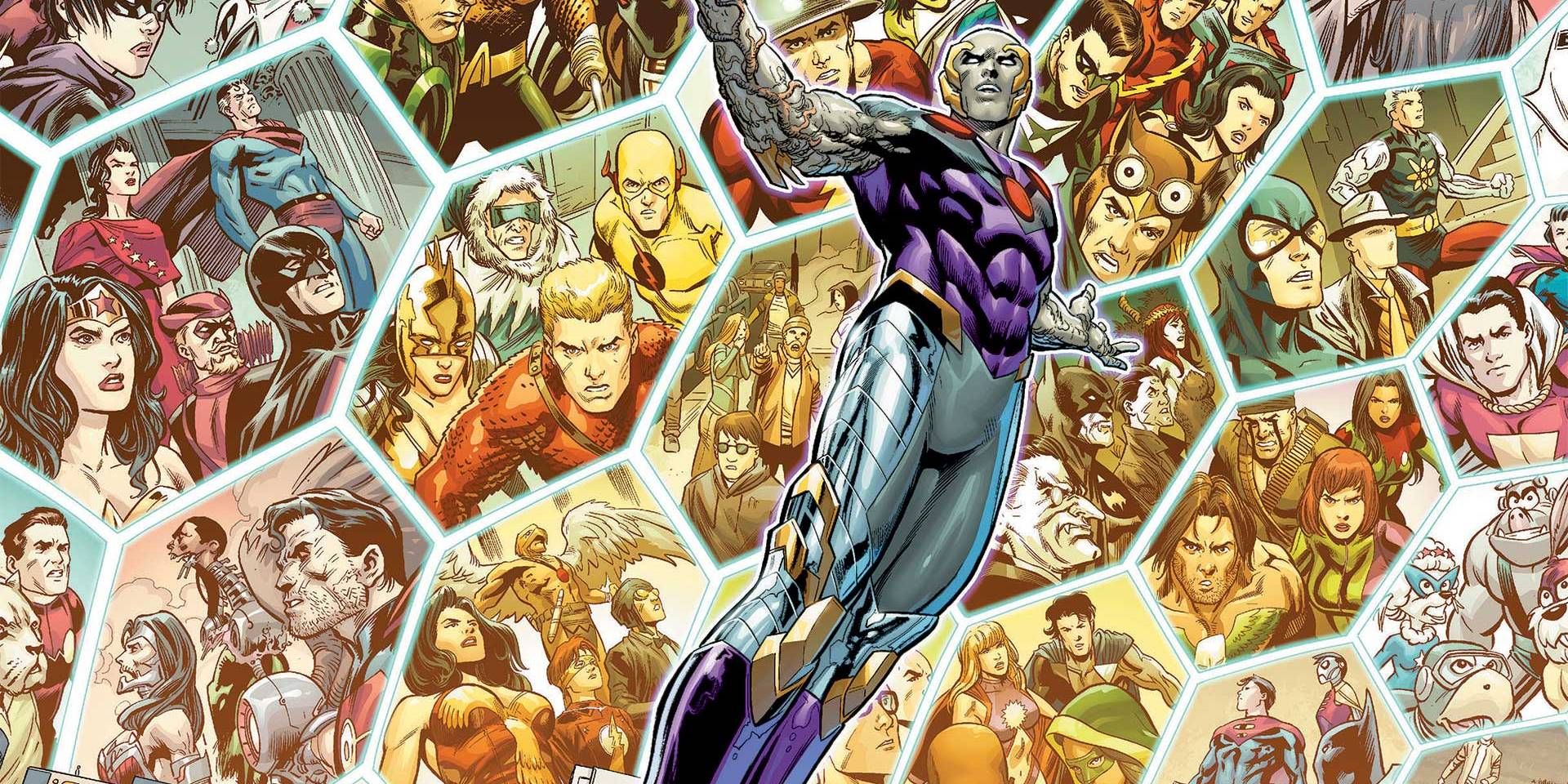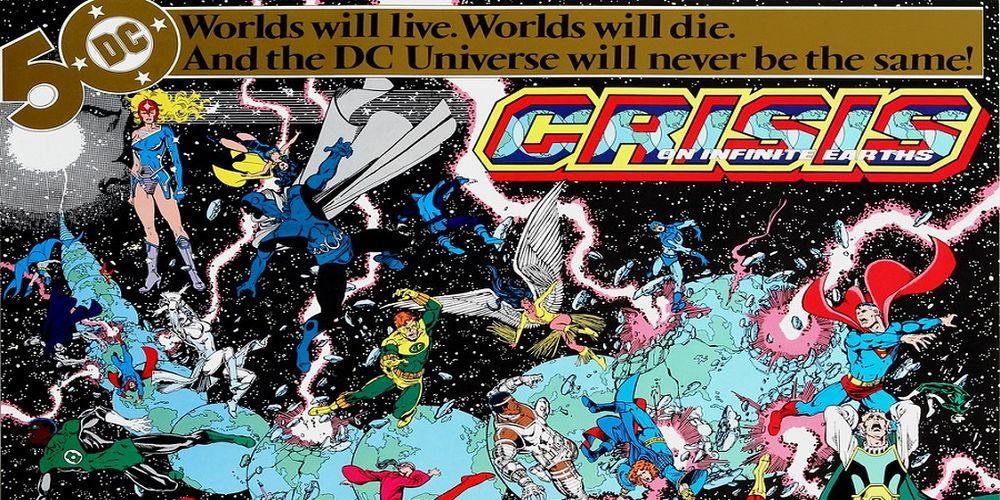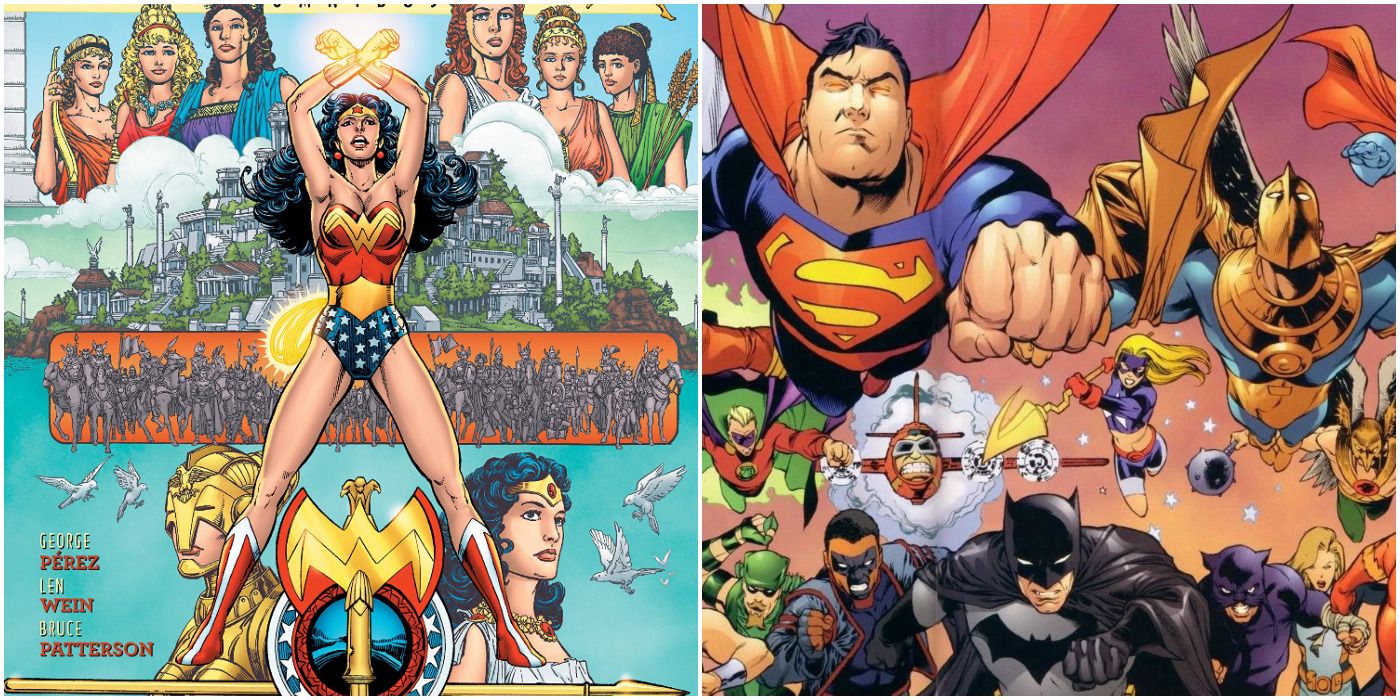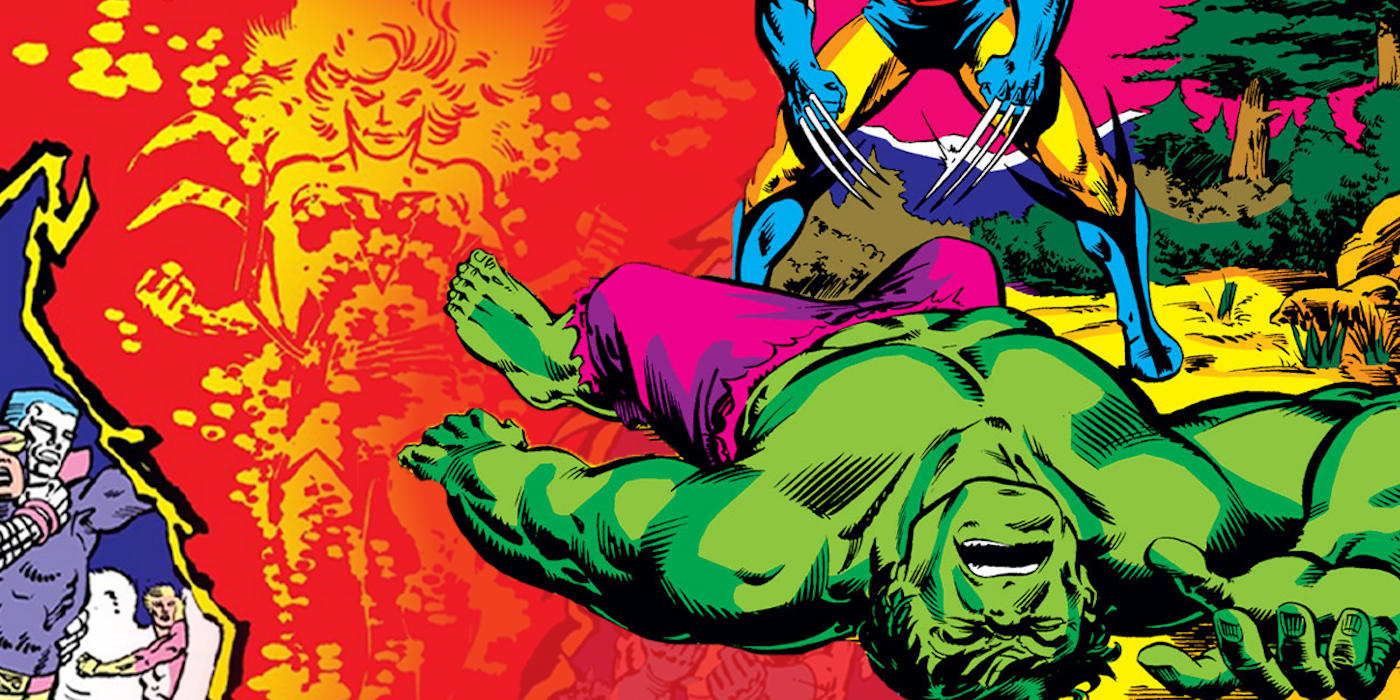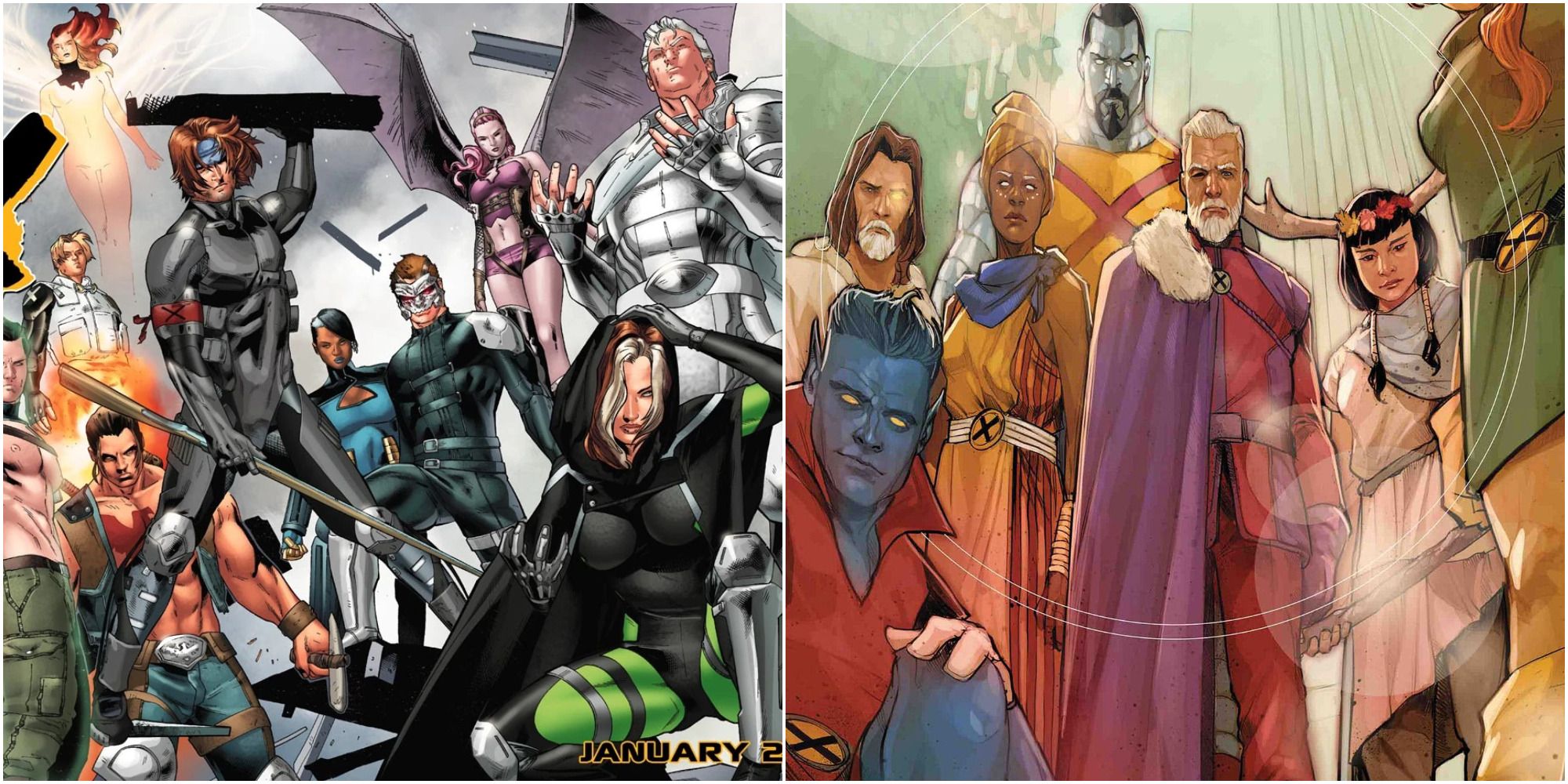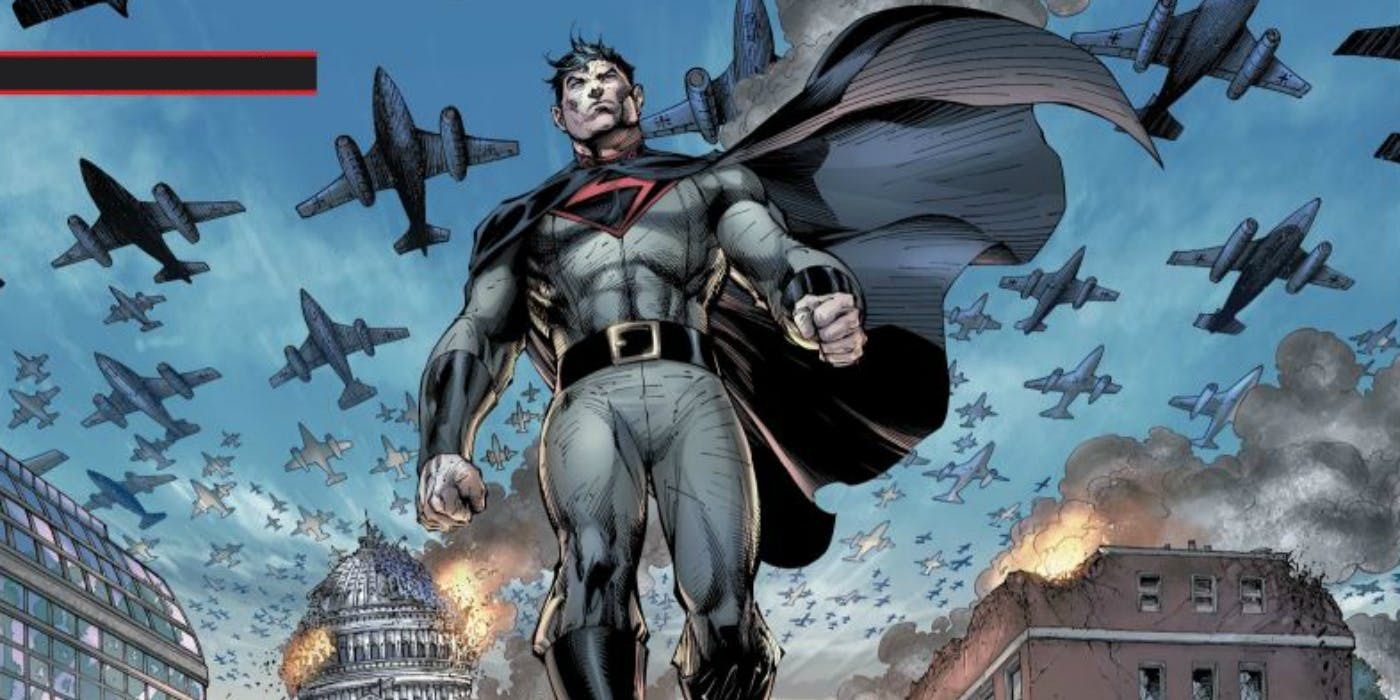The multiverse is a tried and true sci-fi concept that comics have used for decades, but that might not be a good thing. The first major comic multiverse was DC’s, first appearing in The Flash #123. The DC Multiverse became a massive part of the company, and eventually, Marvel would get their own. Since then, both companies have treated their respective multiverses very differently.
Multiverses are becoming all the rage again, ignoring some rather glaring problems with them. Just because something is an institution doesn’t mean that’s a good thing, and multiverses have as many problems that hurt comics as they do otherwise.
10 Alternate Dark Futures Are Played Out
The alternate dark future is a subset of the multiverse concept. The trope gained popularity because of the Uncanny X-Men classic “Days Of Future Past” by writer Chris Claremont and artist John Byrne. Since then, they’ve become an X-Men staple and have migrated across the Marvel Universe and over to DC. The problem is that they’ve gotten so cliché.
Alternate dark futures are all pretty much the same. For the X-Men, it’s humanity wiping out mutants. For other characters and teams, it’s just a villain winning and wiping out everyone. It’s the same thing over and over again. Even when they’re more interesting, like the multiple futures of Hickman and Silva’s Powers Of X, they’re still playing off the same tired trope.
9 The Ultimate Universe Did More Damage In The Long Run Than Otherwise
The Ultimate Universe was one of the more ambitious multiverse concepts ever, mostly because of the scope of what Marvel did with it. DC’s Earth-2 and the Age Of Apocalypse have both had comics set in their alternate universes, but there weren’t all that many Earth-2 books at any given time, and the AoA was a limited thing. The Ultimate Universe was created as an alternative for new fans to get into Marvel.
The problem with that idea is that eventually, the Ultimate Universe had the same problem that the 616 Universe did. The continuity was tangled and complicated, it started to feel like an afterthought, and it was rooted in the edgelord tendencies of 2000s Marvel. Its spectacular failure completely eclipsed its early successes.
8 They Add Another Layer Of Complexity For New Readers
Marvel and DC comics can be rather daunting to get into. Both have decades of continuity for fans to absorb, which is one of the reasons why the MCU took off the way it did: it had all the superheroes without the baggage of having to read hundreds of stories to truly understand it. This is one of the reasons that multiverses, especially ones that are important to the main universe, are a bad idea.
It adds an extra layer of complexity to things that are already extremely complex to begin with. Comics already have a problem getting new readers to stick around; throwing multiple universes at them with histories they need to know won’t help matters.
7 DC Got More Popular After Doing Away With Its Multiverse
Crisis On Infinite Earths is unlike just about any other event book ever in many ways. For one thing, it brought about a change that lasted for decades, ending DC’s multiverse for over twenty years. Before the story, DC’s popularity had been waning, but putting all of its eggs, once spread across an entire multiverse, into one basket made it much more popular.
Multiverses can contain great ideas and were a big part of DC’s success in the Silver Age. The fact that their most popular incarnation was sans multiverse says a lot about the usefulness of multiverse storytelling and what makes a universe popular.
6 The End Of DC’s Multiverse Led To More Storytelling Options
Speaking of post-Crisis DC and its successes, one can’t deny the effect that integrating the DC Multiverse into one had. Putting the Justice Society, the Charlton heroes, the Marvel family, the Freedom Fighters of Earth-X, and more on one Earth opened so much potential for DC. Suddenly, once-a-year crossovers between Earths became opportunities for new books with characters that never get a starring role.
Falling back on a multiverse pigeonholes concepts. Fans want to read about the characters and versions of them they’re familiar with; making characters and teams unique to one world limits their appeal to most fans.
5 Too Many Alternate Universes Revolve Around Apocalyptic Concepts
Dark alternate futures aren’t the only apocalyptic alternate universe concept. Over the years, alternate universes where everything is terrible have become routine. From the Age Of Apocalypse to Flashpoint to Injustice to DCeased, alternate universes that are pretty much just apocalypse situations starring superheroes are far too common.
People like seeing their favorite heroes in apocalyptic situations, but it often feels like that’s the only way multiverses are popular. The fact the concept gets used in such limited ways shows just how weak it can be.
4 They’re Used To Break The Rules In Boring Ways
Alternate universes allow fans to see familiar characters in new ways, but over the years, they’ve been used in a predictable manner. For example, there are plenty of alternate universe Batmen who kill. There is a certain kind of fan who wants to see Batman kill, so using alternate universe versions can scratch that itch. It’s the same with all the evil Supermen and Captain Americas.
Too often, multiverses are used in the most boring ways possible. Once a reader has read one evil Superman story, they’ve read them all. The same with killer Batmen, Nazi Captain Americas, or the umpteenth evil version of a fan-favorite superteam. Sure, they break the rules, but they all seem to break the same rules.
3 The Marvel Multiverse Is Essentially Worthless
Marvel never put as much work into its multiverse as DC, and it shows. The DC Multiverse has had a concrete form, even in the days when it was more or less infinite. On the other hand, the Marvel Multiverse has always been a big formless mass, populated by the various alternate X-Men futures and timelines, the dark stories of the What If… comics, and newer entries like the House Of M and Age Of Ultron universes.
The Marvel Multiverse shows how bad a multiverse can be. It’s basically worthless; it has no bearing on anything and exists just to exist. Getting a multiverse right can be rather labor-intensive, and Marvel doesn’t want to do the work; they want to reap the benefits, though, so they’ve created a formless blob that shows why multiverses don’t need to exist in comics.
2 Most Alternate Universe Stories Are Forgettable
There have been some fantastic alternate universe stories, comics like The Age Of Apocalypse, Kingdom Come, Superman: Red Son, The Dark Knight Returns, and more. However, the vast majority of them are completely forgettable. Even hardcore Marvel fans can’t name more than a handful of What If… issues, and the same can be said of DC fans and Elseworlds books.
Then there are the ones that are forgettable because they’re so bad that fans wish they never happened. Two different X-Men alternate universes, Age Of X and Age Of X-Man, are among the most disliked X-Men comics, and there are plenty of fans who wish Flashpoint, Age Of Ultron, and more never happened.
1 Too Many Alternate Universes Are Simple
Over the years, there have been some massively influential multiversal worlds at Marvel and DC. The best of them are as multi-faceted as the worlds that inspired them, but most are nowhere near that complex. Too many are just Earth-10, which is just Nazi Earth, or House Of M, which is just the Marvel Universe with more mutants.
One can argue that putting too much work into an alternate universe doesn’t make a lot of sense, but that’s the best part about a multiverse, creating something entirely different. The fact that Marvel and DC put so little work into the concept shows just how superfluous it really is to their respective storytelling styles.
